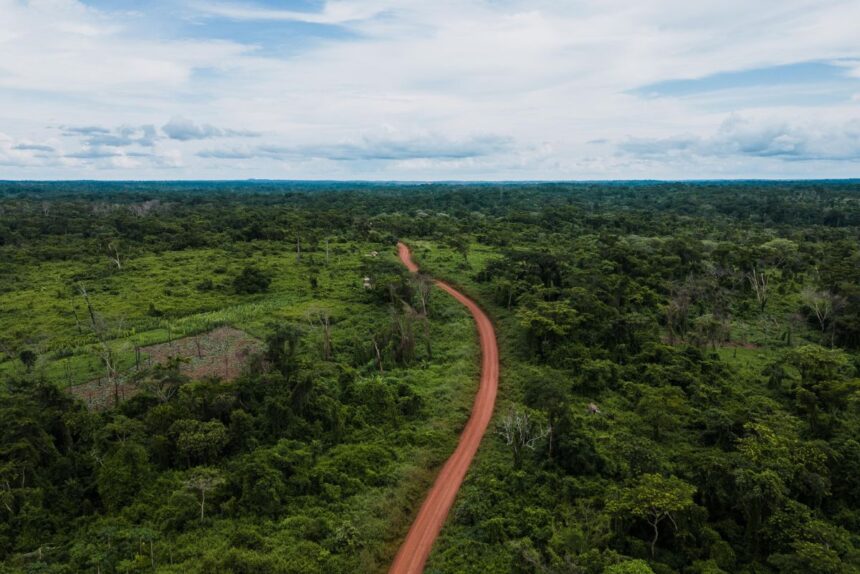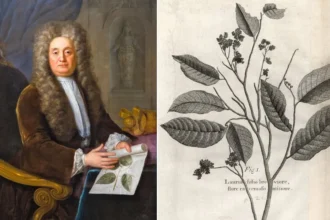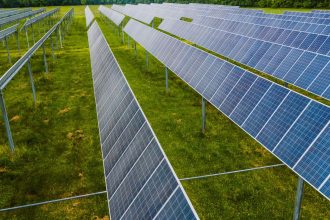What comes to your mind when you think about the Amazon Rainforest? An immense green pile of trees full of piranhas and anacondas? A large green sanctuary, the so-called lungs of the earth? Well, I’m sorry to say that, but such statements are not quite true. First of all, the Amazon territory is not formed only by nature, there are millions of people living in medium and large cities built across the rivers. Second, most of the oxygen produced by the Rainforest is consumed by itself, for its own benefit, in order to maintain its balance. This way, the Amazon is not its stereotypes, but a complex region with its own specific characteristics.
On the other hand, the Amazon is home to the greatest biodiversity on the planet, with species of animals and plants yet to be catalogued by scientists.
Aline Navegantes
This diverse ecosystem is often portrayed as a natural phenomenon, a green paradise that happened to appear in the tropical and inhabited lands of South America. Due to such a misleading idea of what the Amazon is and how it was created, I’ve decided to write an article to share my perspective
as an anthropologist who was born and raised in the Brazilian Amazon.
Echoes of the Amazon: A Tapestry of Culture, Nature, and Human Influence
I grew up in a city called Belem, the capital of Para’s state, in the northern region of Brazil. My city has more than 1 million inhabitants, extreme hot temperatures and one of the most rich and interesting cultures in the whole Latin America. We are a mix of indigenous and african heritages, brought together by the European colonisers that exploited, enslaved and violated our ancestors. Most of us know very little about our own racial identities as amazonians, our history was taken from us even before we were born. We are literally the result of an ethnocide that still strongly reverberates in our bodies, minds and souls.
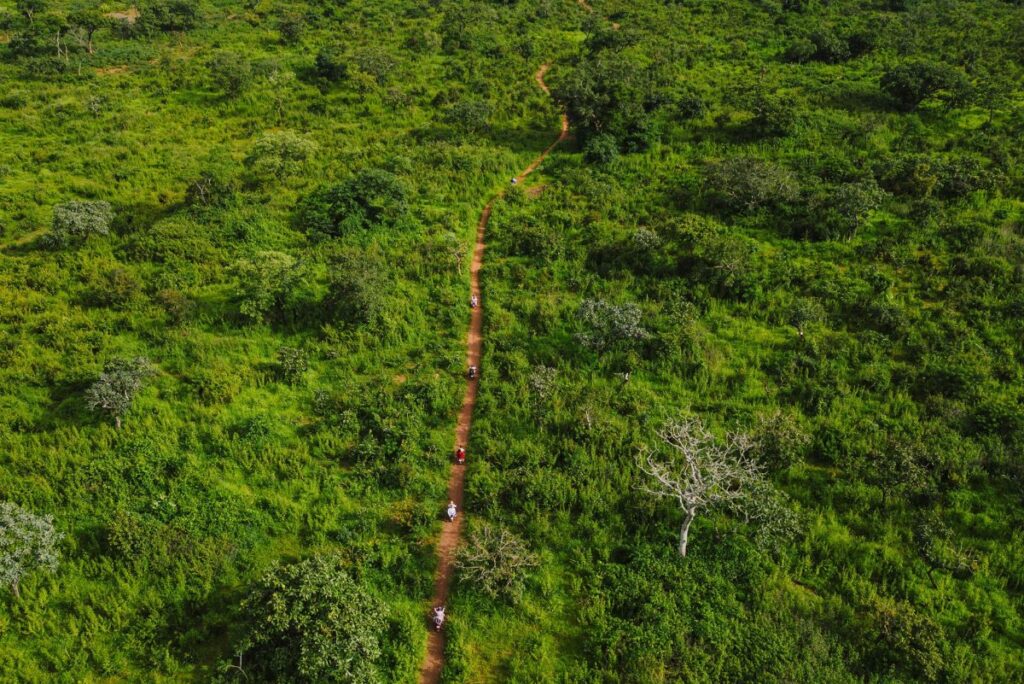
The Amazon rainforest in Brazil is home to unparalleled biodiversity, including over 2,200 species of fish, over 1,200 bird species, 427 mammal species, 428 amphibian species, and 378 reptile species. Additionally, the Amazon holds tens of thousands of plant species, with many unique to the region.
But now let’s go directly to the point. Remember the image of the Amazon Rainforest as a green heaven gifted by the gods? Well, that’s not exactly the case and I will explain to you why. There is substantial archeological research summarising the finds that make it clear that the rainforest has been deeply modified by indigenous communities for the past 12,000 years, turning it into a landscape made by human activity, and not merely by chance. Yes, that’s what you read. The Amazon was not a product of natural circumstances, but rather an action purposely made by human hands, the same hands that were catechised and ethnically silenced after Columbus’ arrival in 1492.
Colonial Echoes: The Western Gaze on the Amazon’s Green Burden
With that said, we can start to take a more critical look at the current “efforts” being made by the Greens from the Global North, who have been pushing a climate agenda in a condescendent way towards nations from the Global South, such as Brazil. We are accused of not properly protecting our forests, of electing apocalyptic politicians that are ready to burn down what is left of it, because we are savages that still need the saviours’ intervention to handle our green burden. I recall a trip to Stockholm, Sweden, where I visited vegan restaurants with posters saying “Save the Amazon”, and I kept wondering from who, if not from themselves?
What the leaders of the developed world seem to be lacking, is a better understanding of how they, in the first place, already destroyed most of their natural ecosystems and thus, have no credibility to dictate how other nations should handle their own environmental issues. They also seem to forget how high CO2 emissions are the primary root of their capitalist societies, and how their continuous colonial policies towards emerging economies, greatly impacts our natural resources distributions in the name of “progress” and “democracy”.
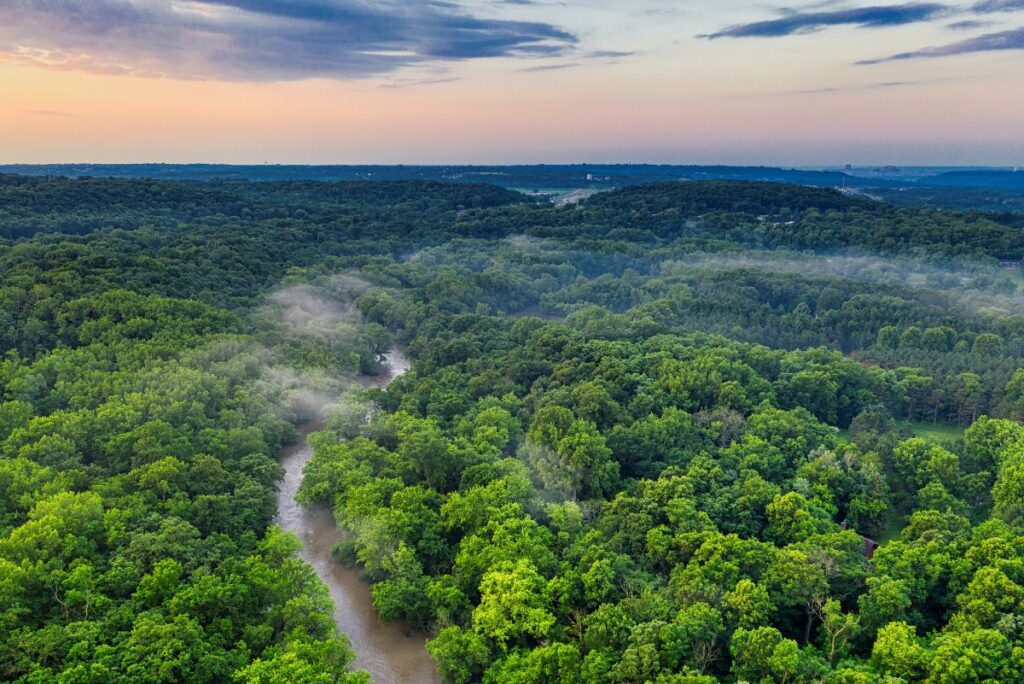
Indigenous communities in Brazil’s Amazon have lived in harmony with the rainforest for millennia, using sustainable practices that allow them to utilize the forest’s resources without depleting them. These communities possess a deep understanding of the ecosystem and have been integral in its conservation, often acting as frontline defenders against illegal logging, mining, and other destructive activities.
Decolonizing Climate Justice: A Call to Action for the Global South
I truly believe that it is time to create our own climate crisis agency focused on climate justice for the global south nations, without the intervention of western-financed organisations, such as the United Nations, that is often used as a tool to legitimate imperialist interventions in the name of values that only resonate within the global north scope. It is time for us, citizens of the countries mostly impacted by climate change, to take the lead and actively request moral and financial responsibility from the nations that deeply contribute to it.
We are on the verge of massive power shifts, there hasn’t been a better time in the past hundred years for us to take a ride in the surging of a multipolar world, which can boost decolonial policies in order to build a decentralised world order. If not now, when? Let’s let our voices be heard by challenging the system that was built under the blood of all the native communities throughout the global south, which were historically silenced, but kept alive in our strength and anger for justice.
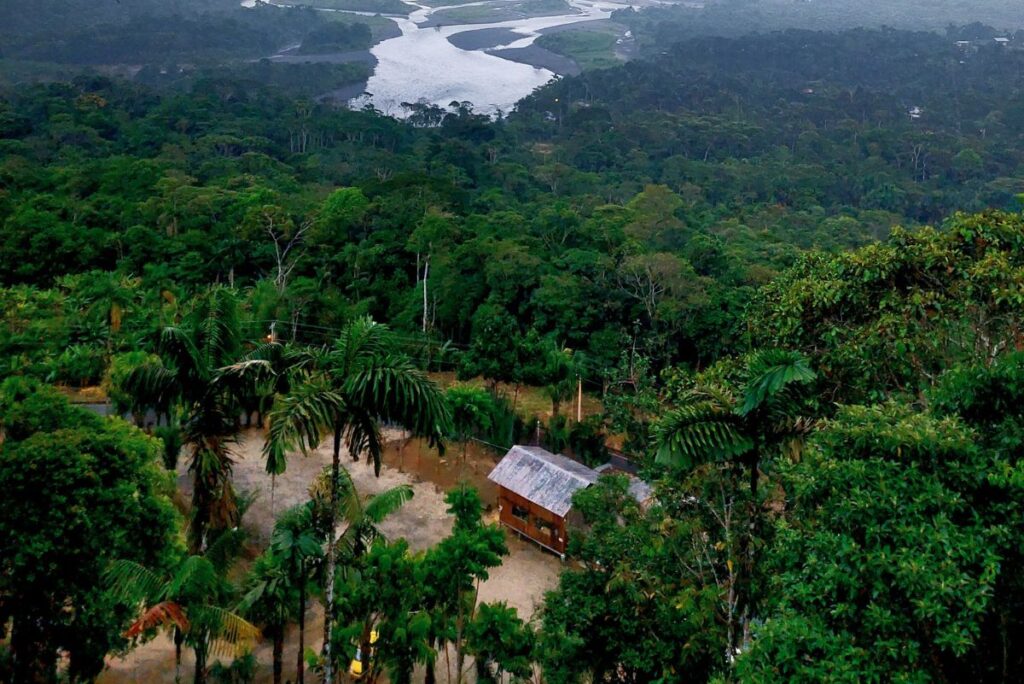
Economic pressures like logging, mining, agriculture (especially soy farming and cattle ranching), and infrastructure development projects pose significant threats to the Amazon’s preservation in Brazil. The nation’s growing economy and global demands for these commodities have accelerated deforestation rates in recent decades.






